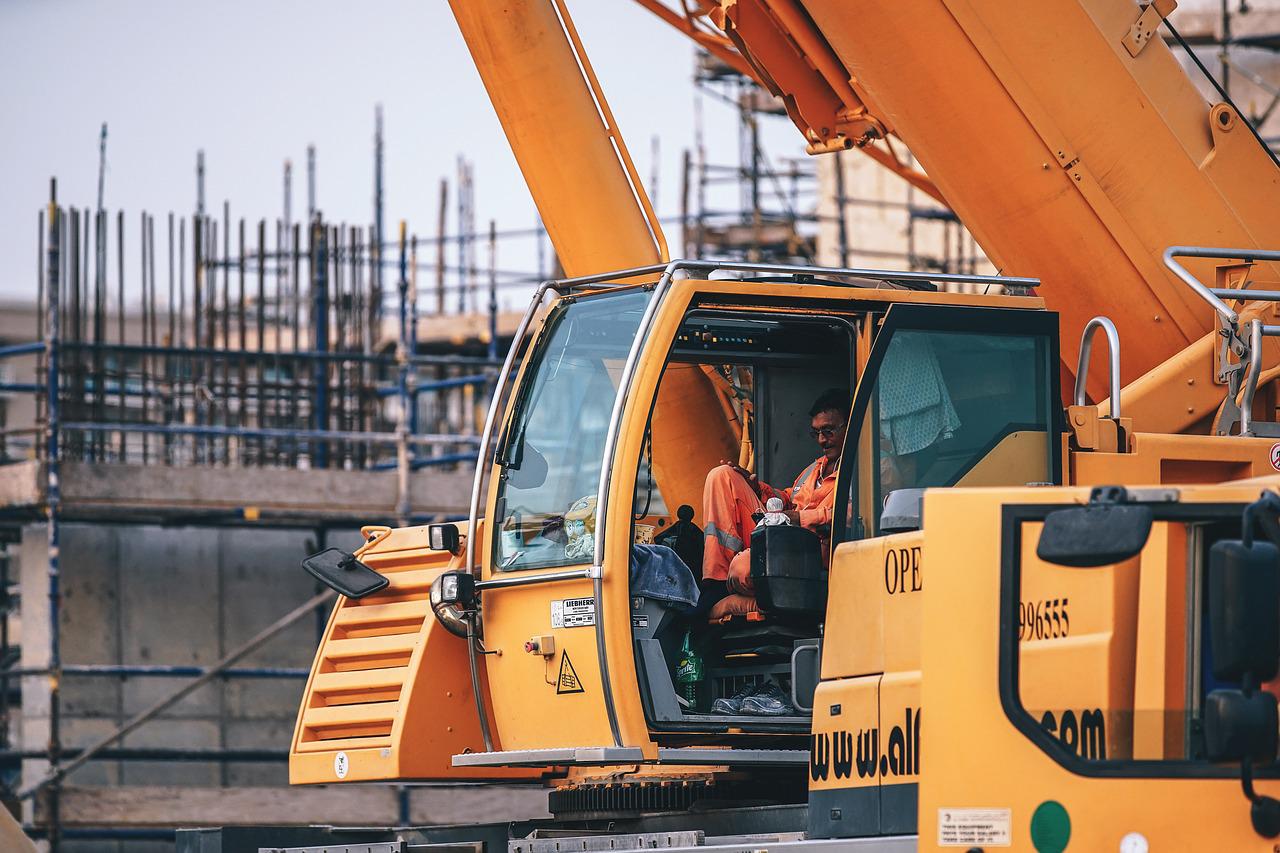With global industry beginning to turn away from China, the manufacturing sector in Mexico has experienced rapid growth over the past decade. The influx of investment from North American corporations has energized the market, giving Mexico access to cutting edge production tools and empowering the workforce with world-beating skills across a multitude of sectors. While the thought of companies shipping product manufacturing abroad may, for some, conjure an image of a low-skilled workforce producing simple or one dimensional products, but in reality the Mexican manufacturing sector is responsible for a range of technical products as diverse as the country itself.
The automotive sector in Mexico plays one of the most important roles in the country’s economic success. Representing over 20% of the country’s total GDP, Mexico’s automotive manufacturing is an absolute powerhouse of production which works closely with some of the biggest automobile companies in the world, from asian producers like Toyota and Kia, to European names like BMW and Audi as well as, of course, the largest American assemblers: General Motors, Stellantis (formerly Fiat Chrysler) and Ford Motor Group. Thanks largely to the IMMEX program and the USMCA, Mexico has long enjoyed a close working relationship with American automotive companies and this looks set to continue to prosper in the future. In fact, in 2019 Forbes published a poll showing that 78% automotive executives “feel that the changes required by USMCA will have a positive impact on their individual companies in the long term”. Because Mexico’s automotive industry is such a dominant force in the country, it is also hard to pin it down to a particular region – though most production is based in Bajío, Puebla and Nuevo León.
The border states of Sonora, Chihuahua, Coahuila and most notably Baja California are the key areas for the second area of production we’ll cover – Mexico’s medical devices industry. Vital to the smooth running of healthcare services worldwide, Mexico ships medical devices to countries across the globe, though much like the automotive industry the lion’s share of these exports are to the United States and Canada. Many of the largest American healthcare companies rely on Mexican industry to produce their products including Johnson & Johnson, Greatbatch Medical, Cardinal Health and Welch Allyn to name but a few. Though production is spread across the border states, it is most concentrated in Baja California – in fact, the city of Tijuana alone has the largest concentration of factories producing medical devices in all of North America, thanks to a combination of close border proximity lowering production costs and a skilled, largely bilingual workforce.
Aviation and Aerospace is another core industry in Mexico, responsible for nearly $6.2 billion in exports in 2021. A relatively young industry compared to the others mentioned, Mexico’s aerospace engineering has experienced a huge amount of growth in a relatively short time – in 2004 there were around 100 firms operating in the sector compared to 368 in mid-2020. Much like the production of medical devices, the Aerospace industry operates primarily in the border states of Sonora, Chihuahua, Coahuila and Baja California, benefiting from the close proximity to the US border. The success of Mexico’s other manufacturing industries has played a key role in enabling the Aerospace industry to succeed, not just by attracting engineers and other highly skilled technical workers, but also by bringing cutting edge production technology to the region through the close working relationships fostered with world-leading companies. Mexico’s Aviation industry boasts a client base that includes some of the biggest names in the world, including Honeywell, Lockheed Martin and Collins Aerospace.
Apparel and Textiles are another driving force in Mexican manufacturing, responsible for roughly 3% of Mexico’s total GDP. Thanks to a number of schemes designed to encourage workers to specialize, the Mexican textile industry boasts a skilled workforce that produces a wide variety of products including leather goods, airbags, seat covers, as well as products not typically associated with the textile industry like air filters and cables. Historically an industry susceptible to being undermined by international competition, most specifically from Chinese manufacturers, the beneficial terms of the USMCA and the rising cost and risk associated with Chinese manufacturing means that the sector is experiencing a great deal of growth and foreign investment. Due to the rich history of textile production in the region, the industry is spread broadly across the country, but much of the technical production can be found in the central and north-easter areas, particularly in Puebla.











